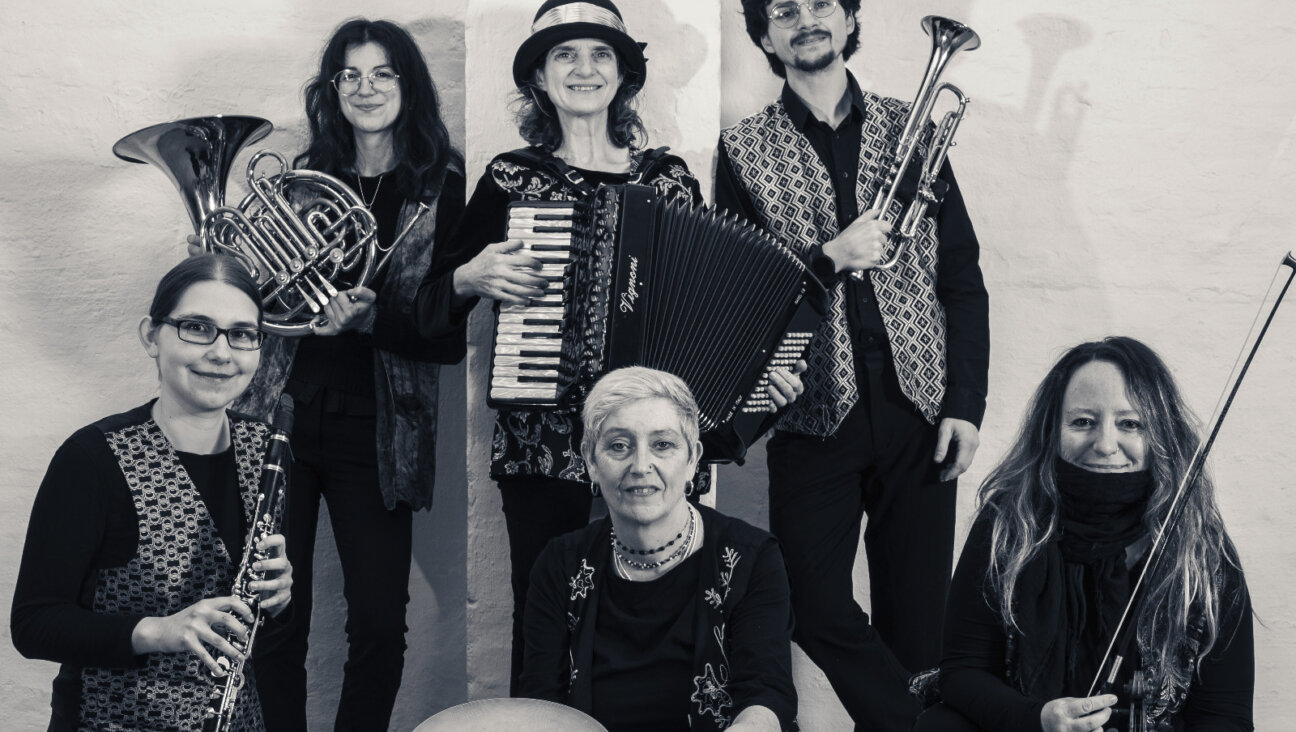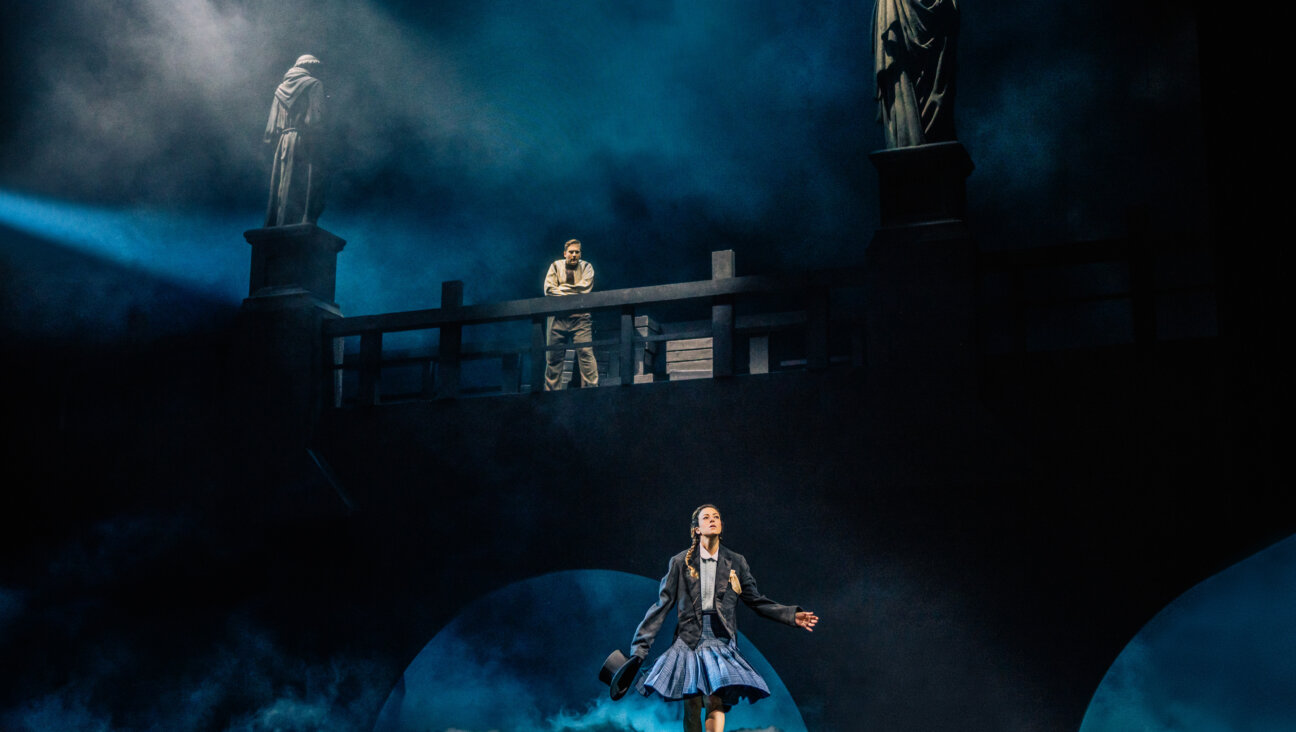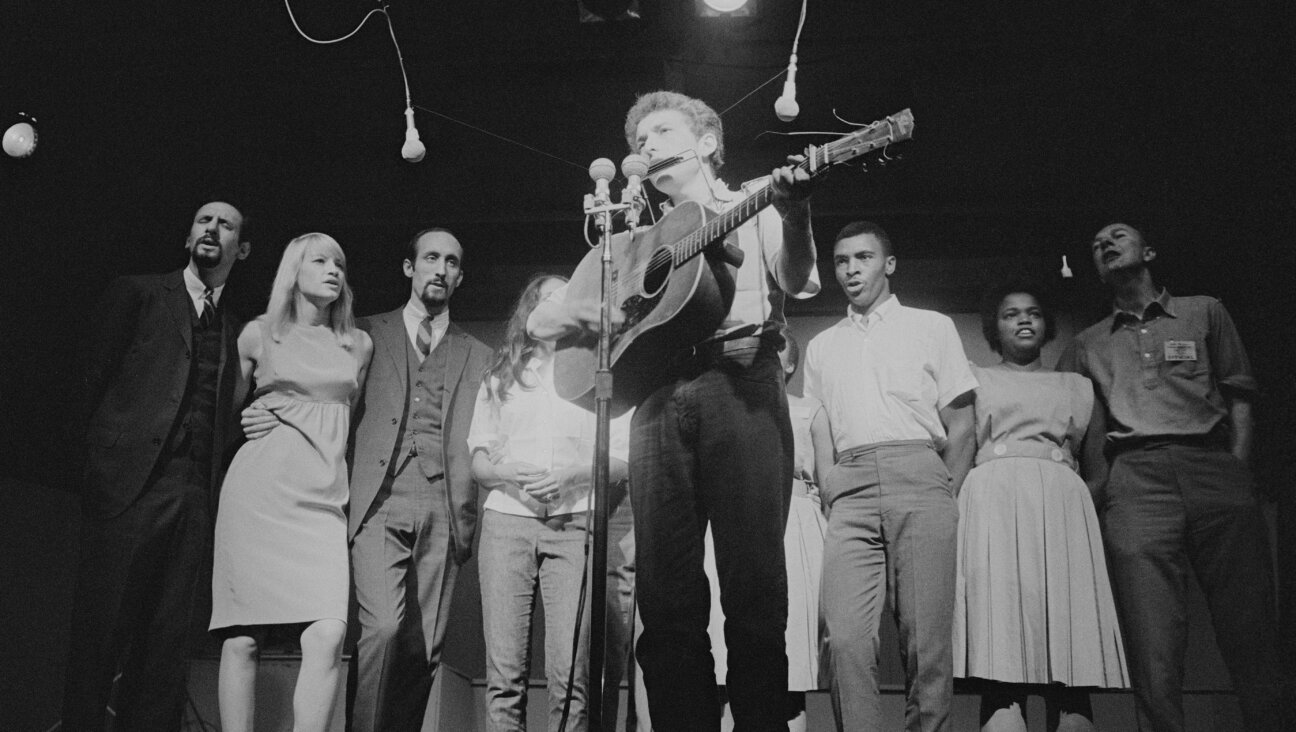Ending the De Facto Ban on Wagner’s ‘Bridal Chorus’
Growing up I didn’t much think about my wedding. This is not to say I didn’t dream about the man I would one day marry; I did that plenty. But the details — a white tulle dress, a tiered fondant cake — were never part of that revelry. I have stayed true to the girl I once was, and have managed to plan a low-key wedding that bucks most of the costly and extravagant traditions. But there is one thing I can’t resist from the American storybook wedding, and as a young Jewish woman, it is the probably the worst of the lot: I want Wager’s “Bridal Chorus.”
Much of my ambition with wedding planning has been to strip off the excess that has been layered on the American wedding over the last 20 years, and pare it down to the traditions I find pretty and simple. For me Wagner’s song, which comes from the opera “Lohengrin,”), fits in this category. The dah-dah-dah-daaaah, whether intuitive or learned, just feels like a wedding procession, allowing a bride to eschew the often too-precious individualism of modern weddings. Using it would be a no-brainer if it weren’t for the composers well documented, not to mention handwritten, antisemitism.
While it would be enough for most that Hitler both adored and was inspired by him, Wagner himself, in 1850, made his own views on Jews public in the essay he penned entitled “Das Judenthum in der Musik,” or “Jewishness in Music.” In this polemic, he claims that Jews are incapable of making good music, and are an overall bad influence on German society. Counter-critics have replied, “some of his best friends were Jewish.” While that was likely true, as was the fact that his motivations were likely bound up in some nascent form of national ideology that makes them even just the tiniest bit more sensible within context, there is really not much wiggle room here.
If I do decide to use Wagner at my forthcoming wedding, it will not be because of some clever historicizing on my part. It will be because I am able to separate the artist from the art. (Considering the long line of misogynistic artists, from Picasso to Frank Lloyd Wright, this is something I have already achieved on a number of counts. It is also worth mentioning here that the marriage connected to this song in Wagner’s opera quickly dissolves, so there already is some disconnect.) It will be because I do believe at some point that the art belongs more to its observers than it does to its creator, and the “Bridal Chorus” will eventually, if it doesn’t already, belong more to brides than it does to Wagner.
In 2001, Wagner was performed publicly in Israel for the first time. Though met with much controversy, conductor Daniel Barenboim soldiered on and held the concert. He defended this action in a conversation he had with Edward Said, published in a book entitled “Parallels and Paradoxes” (Pantheon, 2002).
Barenboim said: “Wagner, the person, is absolutely appalling, despicable, and, in a way, very difficult to put together with the music he wrote, which so often has exactly the opposite kind of feelings. It is noble, generous, etc.”
If Israel can move past this, why can’t brides?

















